Anti-modern slavery policy
Introduction
- The policy of the members of the Tillington group of garden centres is a zero-tolerance approach to Modern Slavery. It is vital that all our business relationships are conducted ethically, with integrity and transparency. We are committed to implementing and enforcing effective systems and controls to ensure that Modern Slavery and Trafficking are not taking place anywhere within our businesses or their supply chains. As part of this policy we require our suppliers, contractors and business partners to adhere to the principles in this Code. We expect you to require the same standards of your own sub-contractors, suppliers and business partners.
- The policy of the members of the Tillington group of garden centres is a zero-tolerance approach to Modern Slavery. It is vital that all our business relationships are conducted ethically, with integrity and transparency. We are committed to implementing and enforcing effective systems and controls to ensure that Modern Slavery and Trafficking are not taking place anywhere within our businesses or their supply chains. As part of this policy we require our suppliers, contractors and business partners to adhere to the principles in this Code. We expect you to require the same standards of your own sub-contractors, suppliers and business partners.
Code of Conduct
- Workers must carry out work as a matter of their own choice and shall not be subject to forced, prison, bonded, indentured, slave, trafficked or compulsory labour in any form, including forced overtime.
- Workers shall not be mentally or physically coerced to provide their labour.
- Workers must have the right to terminate their employment freely, following a reasonable period of notice in accordance with applicable laws and any collective agreements, and without the imposition of any improper penalties.
- Workers shall not have their identity or travel permits, passports, or other official documents or any other valuable items taken away or withheld as a condition of employment. The withholding of property shall not be used directly or indirectly to restrict workers’ freedoms or to create workplace slavery.
- Fees or costs associated with the recruitment of workers (including but not limited to fees related to work visas, travel costs and document processing costs) shall not be charged to workers whether directly or indirectly. Similarly, workers shall not be required to make payments which have the intent or effect of creating workplace slavery, including security payments, or be required to repay debt through work.
- Workers must have the terms of their employment or engagement set out in a written document that is easily understandable to them and which clearly sets out their rights and obligations. This written document must include, but not be limited to, transparent terms with respect to wages, overtime pay, payment periods, working hours and rights in respect of rest breaks and holiday. The written terms must be provided to the worker in advance of them starting work, and must be honoured by the employer and must meet industry standards and the minimum requirements of applicable laws and any collective agreements where the work is carried out
- There shall be no use of child labour. Nobody may be employed under the minimum age. If workers above the minimum age but under the age of 18 are employed, particular care must be taken to ensure that the duties they carry out and the conditions in which they are required to work are appropriate to their age, to safeguard against physical, mental or other harm as a direct or indirect result of their work or working conditions.
- Workers must be free to move without unreasonable restrictions and shall not be physically confined to the place of work or other employer controlled premises (for example housing) nor shall they be confined by more indirect means. There must be no requirement placed on workers that they take accommodation in employer provided housing except where this is necessary due to the location or nature of the work being performed.
- Workers, their families and those closely associated with them shall not be subject to harsh or inhumane treatment including but not limited to physical punishment, physical, psychological or sexual violence or coercion, verbal abuse, harassment or intimidation. Migrant workers, their families and those closely associated with them should not be subject to discrimination due to their nationality.
- Workers must be free to file grievances to their employers about the employer’s treatment of them and workers shall not suffer detriment, retaliation, or victimisation for having raised a grievance.
- Only reputable recruitment and employment agencies may be engaged to recruit workers. All such agencies must have the necessary licences and registrations under local laws, agree to adhere to this Code and agree to be audited to ensure their compliance with this Code.
- Workers must carry out work as a matter of their own choice and shall not be subject to forced, prison, bonded, indentured, slave, trafficked or compulsory labour in any form, including forced overtime.
Whistleblowing
- Any person concerned about a breach of this Code or our Modern Slavery Policy should report their concerns to a director, the Police or the Modern Slavery Hotline 08000 121 700 or use the ‘Unseen’ APP . Individuals with concerns are encouraged to provide their name and contact details so that the issues that they raise can be investigated with the most information available. However, we recognise that in some circumstances an individual will only be prepared to raise their concerns on an anonymous basis and where concerns are reported to us on that basis we commit to investigate anonymous allegations as thoroughly as possible and to take any necessary remedial action wherever we can.

